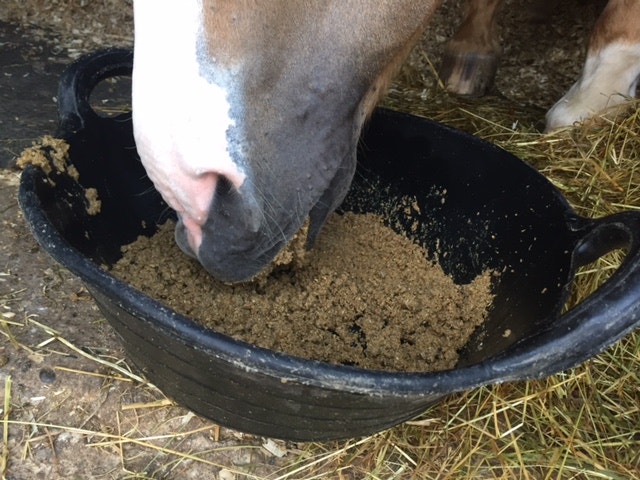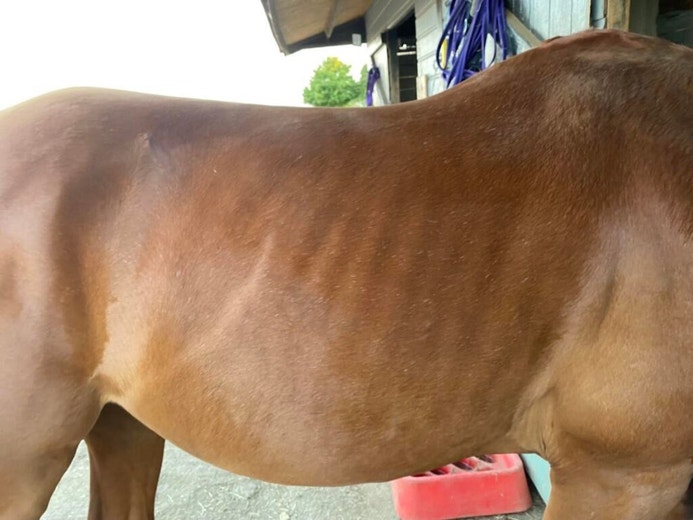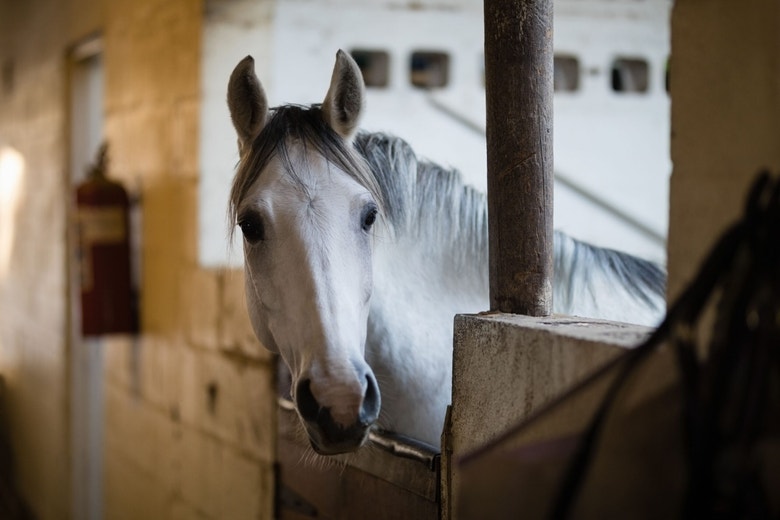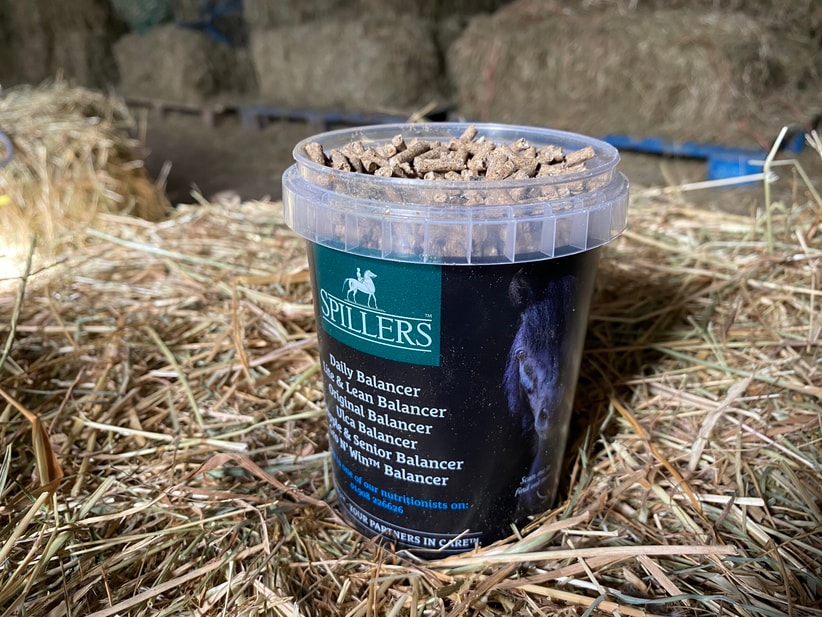
Are balancers expensive?
At first glance balancers may seem like an expensive option, but the low feeding rate makes them a convenient and cost-effective solution for good doers…
A cost-effective way to provide nutrients without excess calories
Many horses maintain weight easily (if not too easily!) on forage alone. Whilst forage only diets may easily meet or exceed energy (calorie) requirements, they are unlikely to provide a balanced diet and may be lacking in key nutrients such as copper, zinc, selenium, vitamin E and lysine (an essential amino acid or ‘building block’ of protein). Balancers provide a concentrated supply of vitamins, minerals and amino acids but due to the low feeding rate (typically 500g per day for a 500kg horse), add minimal calories, starch and sugar to the total diet. This makes them the ideal way to ensure good doers receive a balanced diet without compromising their waistline or your bank balance.
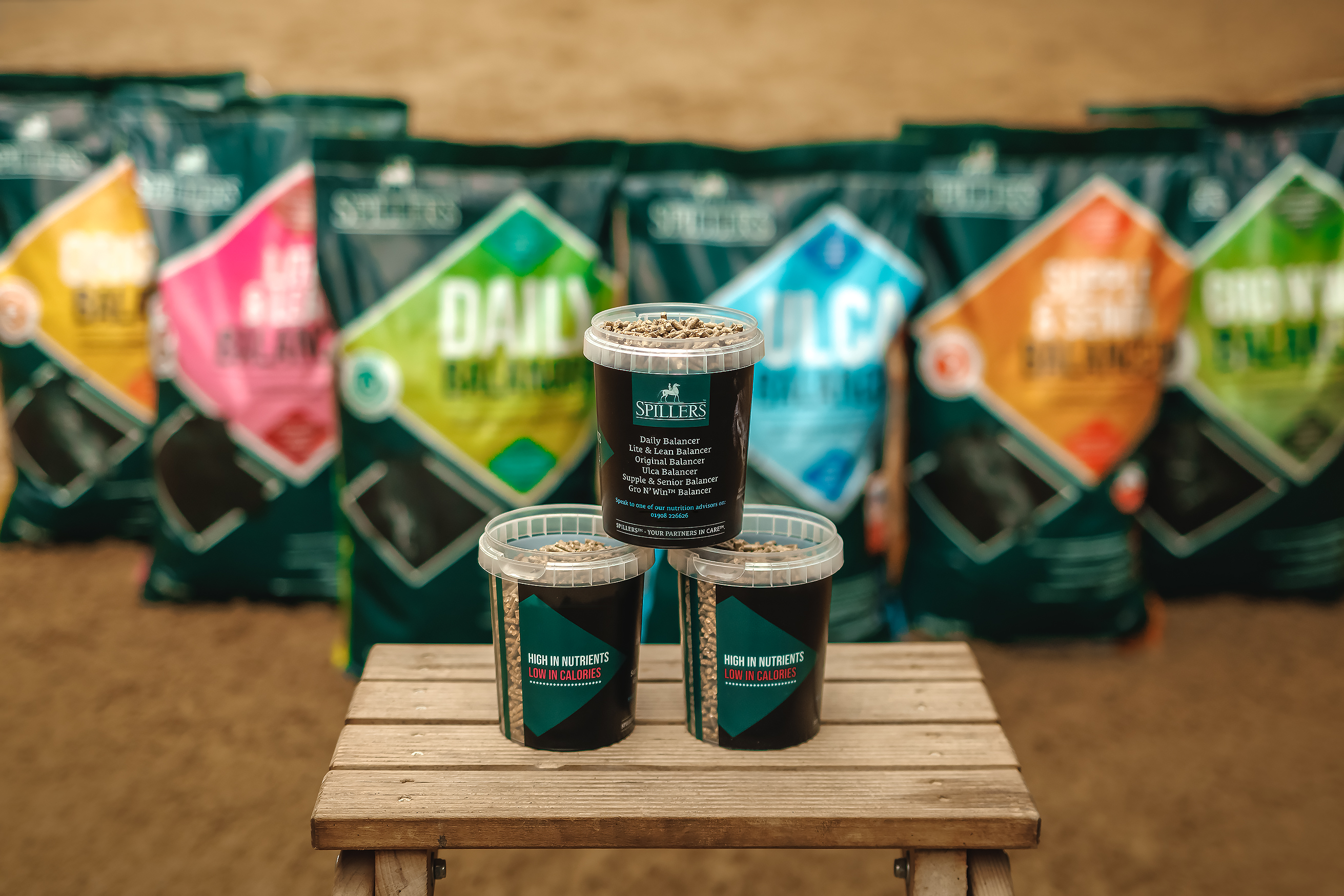
If you are simply looking for nutrients to balance a forage-based diet, consider a balancer without added functional ingredients such as joint and digestive support. At £23.65 for a 15kg bag, SPILLERS™ Daily Balancer will last a 500kg horse 30 days and cost just £0.78 per day to feed. In comparison, the recommended ration of SPILLERS™ Horse and Pony Cubes (3kg per day for a 500kg horse) would be 5 times higher in calories and cost £2.18 per day to feed!
Balancers vs broad spectrum vitamin and mineral supplements
One benefit of choosing a balancer is they contain amino acids such as lysine whereas vitamin and mineral supplements contain very few if any amino acids. Of all the essential amino acids, lysine is considered most important and the one most likely to be deficient in the diet. Lysine plays many essential roles, including supporting muscle building, maintenance and repair. The higher feeding rate for balancers sometimes leaves owners concerned about providing unnecessary calories. However, while pelleted balancers do provide more calories, the difference this makes to the overall diet is negligible in most cases, especially for those with access to grazing. When comparing costs and nutrient supply, it is essential to do so on a ‘per daily serving’ rather than ‘per kilo’ or percentage basis.
Functional ingredients
Many balancers contain added functional ingredients such as glucosamine and MSM for joint support and pre and probiotics for digestive support. Although this will undoubtedly affect the price tag, the recommended amount of balancer is still likely to cost less than the recommended amount of compound feed. When choosing a balancer, consider which functional ingredients may be of most benefit to your horse.
To help you select the perfect balancer for your horse, our interactive tool simplifies the process. Whether you’re considering the budget-friendly Daily Balancer, the Lite & Lean Balancer for horses on restricted rations, the ulcer-targeted Ulca Balancer, or any other option in our range, our tool makes finding the right fit straightforward and enjoyable. Use it to ensure your horse receives the optimal nutrition at a great value, tailored to their specific needs- https://www.spillers-feeds.com/which-balancer-should-i-choose
For more advice on feeding a balancer contact the SPILLERS Care-Line.
